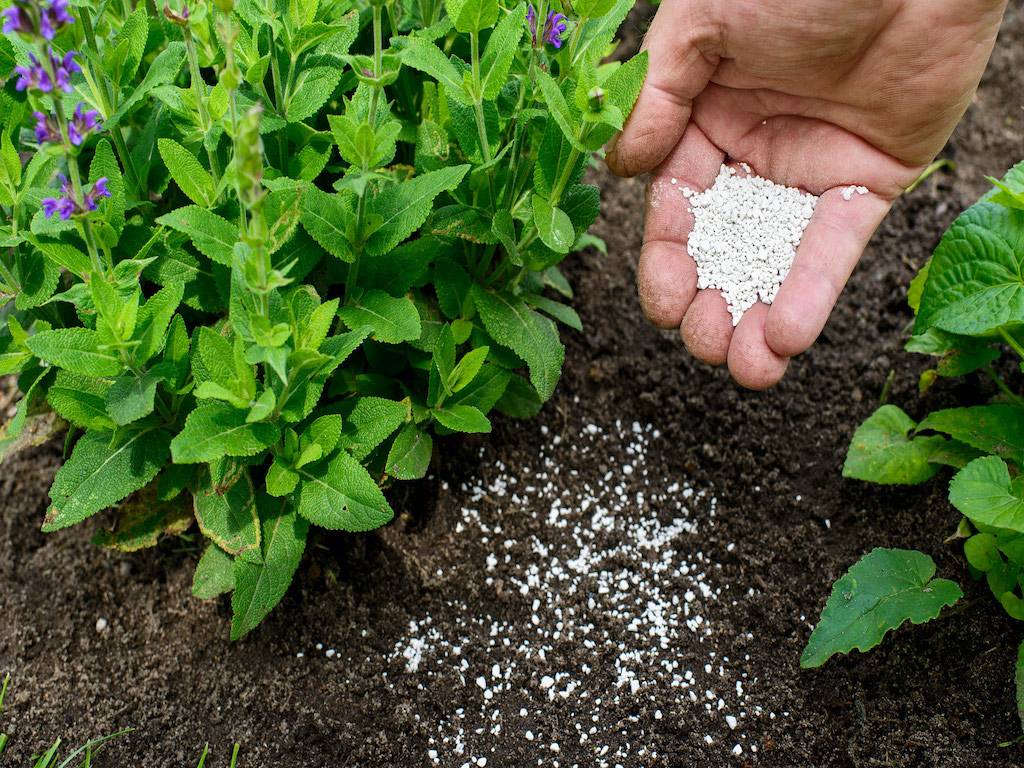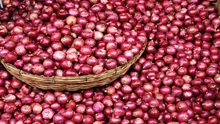
According to government and industry sources, India is in its first government-to-government negotiations with Russia for the long-term supply of fertilisers, hedging against geopolitical volatility and high global pricing.
India is a major importer of urea and other soil nutrients, which are used to feed the country's massive agriculture industry, which employs around 60% of the workforce and contributes for 15% of the country's $2.7 trillion economy.
According to government sources, Fertilisers Minister Mansukh Mandaviya, along with representatives from Indian fertiliser businesses, would travel to Moscow later this month or early March to explore agreements with Russian Trade Minister Denis Manturov.
The Indian government will be participating in multi-year fertiliser import discussions for the first time in 30 years. In 1992, India announced that all soil nutrients except urea will be deregulated.
According to the sources, India aims to secure 1 million tonnes of di-ammonium phosphate (DAP) and potash each year, as well as 800,000 tonnes of a nitrogen, phosphorus, and potassium mix (NPK) per year.
"Pricing and exact numbers are still to be determined... Our main goal is to provide reliable supply at affordable pricing. We are hoping for a reduction because the (Indian) minister is engaged "one of the sources stated
According to sources, India's Rashtriya Chemicals and Fertilizers Ltd, National Fertilizers Ltd, Madras Fertilizers Ltd, Fertilisers And Chemicals Travancore, and India Potash Ltd are expected to sign a three-year deal with Russian companies Phosagro and Uralkali for DAP, potash, and complex fertilisers.
Indian firms have already signed an import agreement with Phosagro for 400,000 tonnes of DAP, and they want to lift the full contractual quantity by June, which coincides with the expiry of the existing export quota established by Moscow.
Phosagro informed Reuters, "We are actively in discussions with our Indian colleagues to expand and develop our existing agreements for the delivery of Phosagro's mineral fertilisers." Uralkali did not respond to a request for comment.
After export limitations by China and a record rise in worldwide prices, spurred by reasons such as rising energy costs and Western sanctions against Belaruskali, the world's second-largest potash producer, several Indian states faced fertiliser shortages in 2021.
India permits fertiliser businesses to choose their own retail prices. New Delhi, on the other hand, gives a subsidy to fertiliser businesses to keep an indirect lid on retail pricing, ensuring that farmers are not harmed by a rise in world prices.
Reuters reached out to Indian firms and the fertiliser ministry, as well as the Russian trade ministry, for comment.
An executive from an Indian fertilisers company who negotiates international transactions said his company is preparing to strike an initial deal with Russia for long-term supply.
"In the worldwide market, fertiliser prices are rising. India is one of the world's largest importers, and Russia is our primary supplier. Our goal is to protect farmers from price instability by establishing long-term supply contracts "he stated









